
We exist to alleviate human suffering
Team that makes
everything possible

Before founding 1910, Jen worked at the intersection of life science, technology, and business. Prior roles include Management Consultant at Bain & Company, Director of Business Development at a health-tech startup (pre-seed to Series A), and drug discovery stints at Novartis and Eli Lilly. During her Ph.D. research, Jen was an HHMI Predoctoral Fellow at the medical schools of Tufts University and Harvard University.
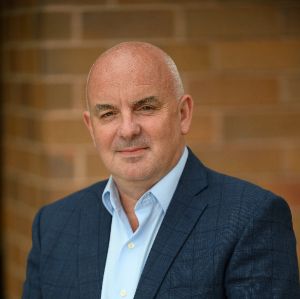

Brandon harnesses machine learning and parallel computing to design small molecule therapeutics using our AI-powered ELVIS™ and ROSALYND™ platforms. He received his Bachelor’s degree in Cognitive Neuroscience from MIT and a Ph.D. in Neuroscience from Vanderbilt where he leveraged neural networks to study the primate visual system. Once a King of the Nerds contestant, Brandon enjoys creative STEM projects like building animatronic chatbots, training generative art algorithms, and teaching monkeys addition (PNAS/I Fing Love Science).
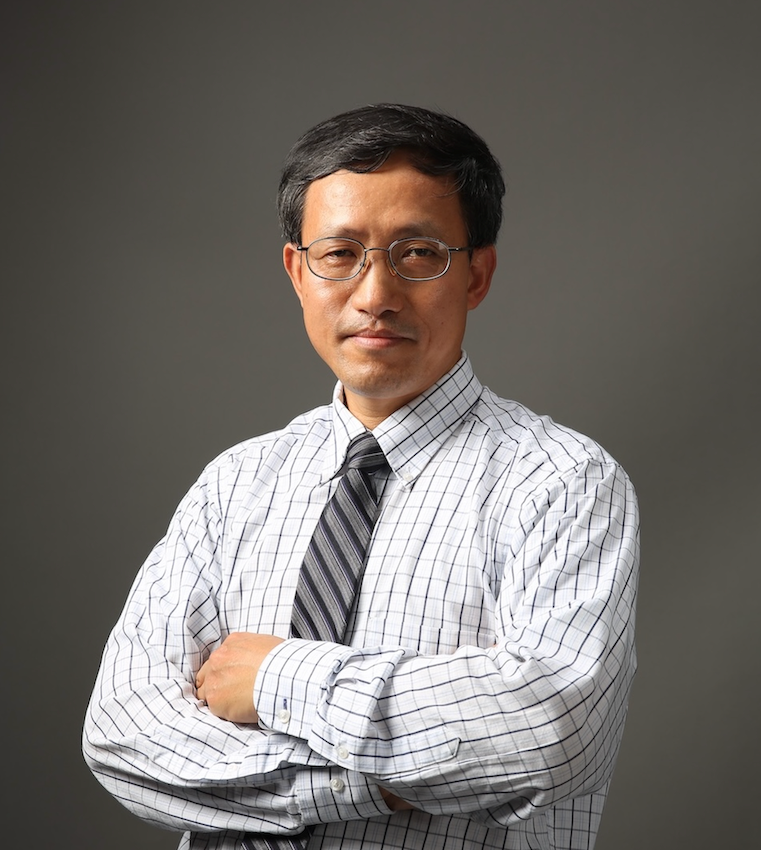

Liping received her PhD in cell and molecular biology from the Australian National University. At 1910 Genetics, she manages R&D operations and thrives on assay biology innovations for the ROSALYND TM platforms. Before joining 1910, Liping served as deputy head of R&D at Prestige Biopharmaceuticals USA. Prior to that, she worked at Cell Assay Innovations, Millennium Pharmaceuticals, and Maxthera Pharmaceuticals.

Jesse studied physics at MIT, and earned his Ph.D. from Harvard University, partly supported by an NSF IGERT fellowship in Biomechanics. He was a postdoc on an NIH-funded project in neuron activity recording. He trained AI models for genetics and tissue architecture studies before joining 1910 Genetics as an AI Research Fellow on the CANDID™ platform for small molecule discovery.
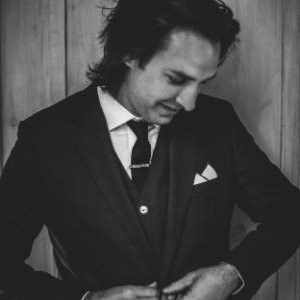

Reyal received her Ph.D. in Biochemistry and Biophysics at Brandeis University, where she investigated the energetics of binding for Hsp90 inhibitors and how Hsp90 inhibitors alter the effect of BiP on the conformation of Grp94. At 1910 Genetics, Reyal works on all aspects of our biological automation platform, leveraging state-of-the-art robotics to automate assay development, validation, and scale up for high throughput screening of therapeutics designed by our AI-powered ELVIS™ and ROSALYND™ platforms.

Cole studied computer science at MIT where he earned his bachelor’s degree and his M.Eng. while researching at the Pantazis Magnetoencephalography LAB. His work combined machine learning, brain imaging and hyperbolic geometry to identify the first signs of Alzheimer’s Disease and the potential for cognitive trainings to mitigate disease progression. At 1910 Genetics, he works with ELVIS™ and ROSALYND™ platforms to improve training efficiency, maximize model performance, and implement state of the art research.
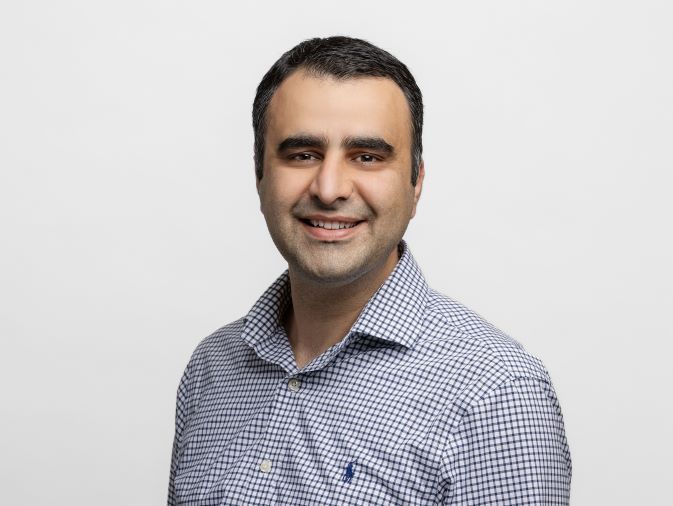
Mostafa received his Ph.D. from Technical University of Denmark in computational and theoretical Chemistry. He spent several years working as a postdoctoral researcher at Brown University to leverage the power of machine learning techniques to develop efficient and accurate high-dimensional potential energy surfaces. At 1910 Genetics, his work involves utilizing computational chemistry tools to study and design small and large drug molecules with ELVIS™ and ROSALYND™ platforms.


Matt studied biomedical engineering at Stevens Institute of Technology where he earned his bachelor's degree. He spent the last 7 years working in lab automation and compound management for oncology discovery. At 1910 Genetics, Matt works on implementing and optimizing automated processes for our biological assays and inventory.

Lakshmi received her Ph.D. in Nanoscience at University of North Carolina Greensboro, where she studied the Interaction mechanism of pathogenic yeast with nanostructured surfaces thereby investigating how such interaction influences the sterol quantity and antifungal drug resistance of pathogenic yeast. At 1910 Genetics, Lakshmi works on developing and validating biochemical and cell-based high throughput screening assays for therapeutics designed by our AI-powered ELVIS™ and ROSALYND™ platforms.


At 1910, Francis works on developing optimized workflows for our biological automation platform that leverages state-of-the-art robotics and software to automate assay development, validation and high-throughput data analysis to support clear decision-making. Francis received his PhD from the University of Oklahoma Health Science Center, Department of Biochemistry where he used integrated computational, biochemical and crystallographic approaches to identify druglike compounds targeting nicotinic receptor and RNA double helices.


Ify leads the finance and accounting function at 1910 Genetics, managing day-to-day operations and building scalable financial systems to support growth. A results-oriented CPA, Ify has over a decade of experience in biotech startups. Before joining 1910 Genetics, Ify was the Director of Finance at Caraway Therapeutics, acquired by Merck & Co., and the Controller at Hydra Biosciences, which sold its lead pain asset to Eli Lilly. Ify holds an active CPA license and has an MBA and MS in Taxation from Suffolk University.
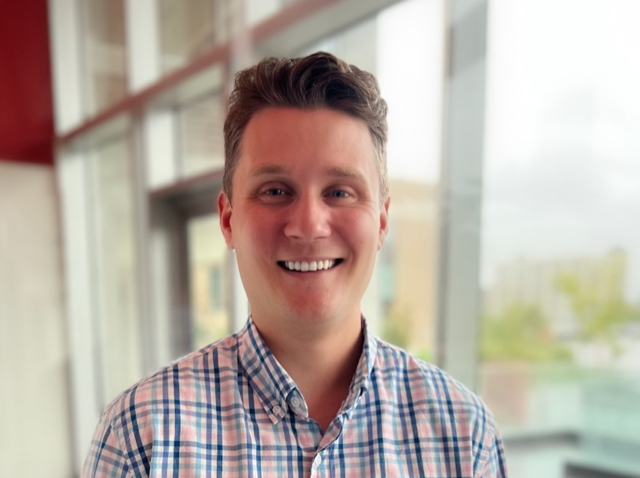
As the Associate Manager of Talent Acquisition at 1910 Genetics, Nick plays a key role in managing full-lifecycle recruitment efforts across the organization. With over seven years of experience in talent acquisition, particularly within high-growth biotechnology companies, he leverages his industry expertise to effectively meet hiring needs and support the company’s ongoing growth and success.

At 1910 Genetics, Sidharth works on all aspects of our biological automation platform, which leverages state-of-the-art robotics to automate assay development, validation, and scale up for high throughput screening of therapeutics designed by our AI-powered ELVIS™ and ROSALYND™ platforms. Sidharth received his bachelor’s in Microbiology from the University of Washington, and spent three years in the Otterbein Lab at Harvard Medical School where he investigated the therapeutic potential of low dose carbon monoxide across models of sepsis and traumatic brain injury.

Matt has a PhD in Computational Biology and Bioinformatics from George Mason University, where he developed methods to utilize protein structure dynamics to predict the phenotypic result of genomic mutations. He has continued to gain experience integrating AI into bioinformatic and protein structure analysis across a number of biotech applications (microbial characterization, agriculture, healthcare, drug development). At 1910 Genetics, he contributes to the development of the ROSALYND platform.
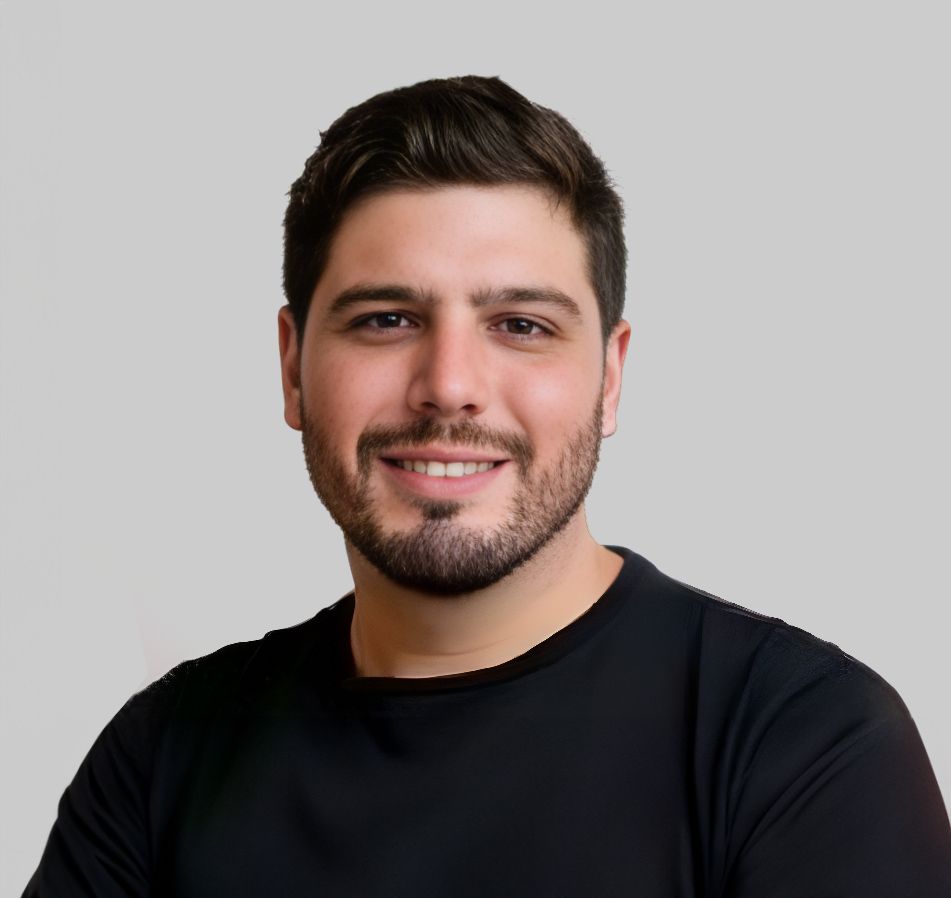


Darcell is a skilled executive assistant with a strong background in supporting senior leadership. With over 15 years of experience, Darcell specializes in managing schedules, coordinating projects, and ensuring the smooth operation of executive workflows. At 1910 Genetics, Darcell supports the Chief Technology Officer (CTO), working closely to manage calendars, coordinate meetings, facilitate cross-functional collaboration, and keep day-to-day operations running smoothly. Darcell is passionate about supporting the success of the CTO and contributing to the broader goals of the organization.

Gauri is a business development professional passionate about dealmaking. At 1910 Genetics, Gauri drives partnering with pharma and biotech companies for 1910’s therapeutic assets and platform. She has most recently served as a Senior Director of Business Development at AbCellera, and before that, as a Vice President of Innovation at MassBio and Associate Director of External Research Collaborations at Novartis. Gauri holds a Ph.D. in Biology from University of Pennsylvania and an MS in Innovation from D’Amore-McKim School of Business at Northeastern University.

Jen is the Founder & CEO of 1910 Genetics. Before founding 1910, Jen worked at the intersection of life science, technology, and business. Prior roles include Management Consultant at Bain & Company, Director of Business Development at a health-tech startup (pre-seed to Series A), and drug discovery stints at Novartis and Eli Lilly. During her Ph.D. research, Jen was an HHMI Predoctoral Fellow at the medical schools of Tufts University and Harvard University.


Trained as a research scientist, George has focused on enabling young, innovation-driven companies to bring breakthrough medications into medical practice. In his more than 25 years leading Business Development organizations, he has contributed to advancement of numerous marketed medications that are benefiting patients worldwide. Known globally for his interest in leading-edge science and his creativity in forging inter-company collaborations, he was recognized in 2014 by Fierce Biotech as one of the 20 most influential people in the Biotechnology industry.








Suresh is the Vice President of Neuroscience and Preclinical Research at Encoded Therapeutics, a pioneering gene therapy company focusing on neurological diseases. Before joining Encoded, Dr. Suresh held senior research positions at Eisai, Denali, Lundbeck, and started his industry career at AstraZeneca, following a decade of academic research at the University of Michigan and the University of Montreal. He has led numerous drug development programs from discovery through the early clinical stage, focusing on therapies for psychiatry, neurology, and inflammatory diseases.